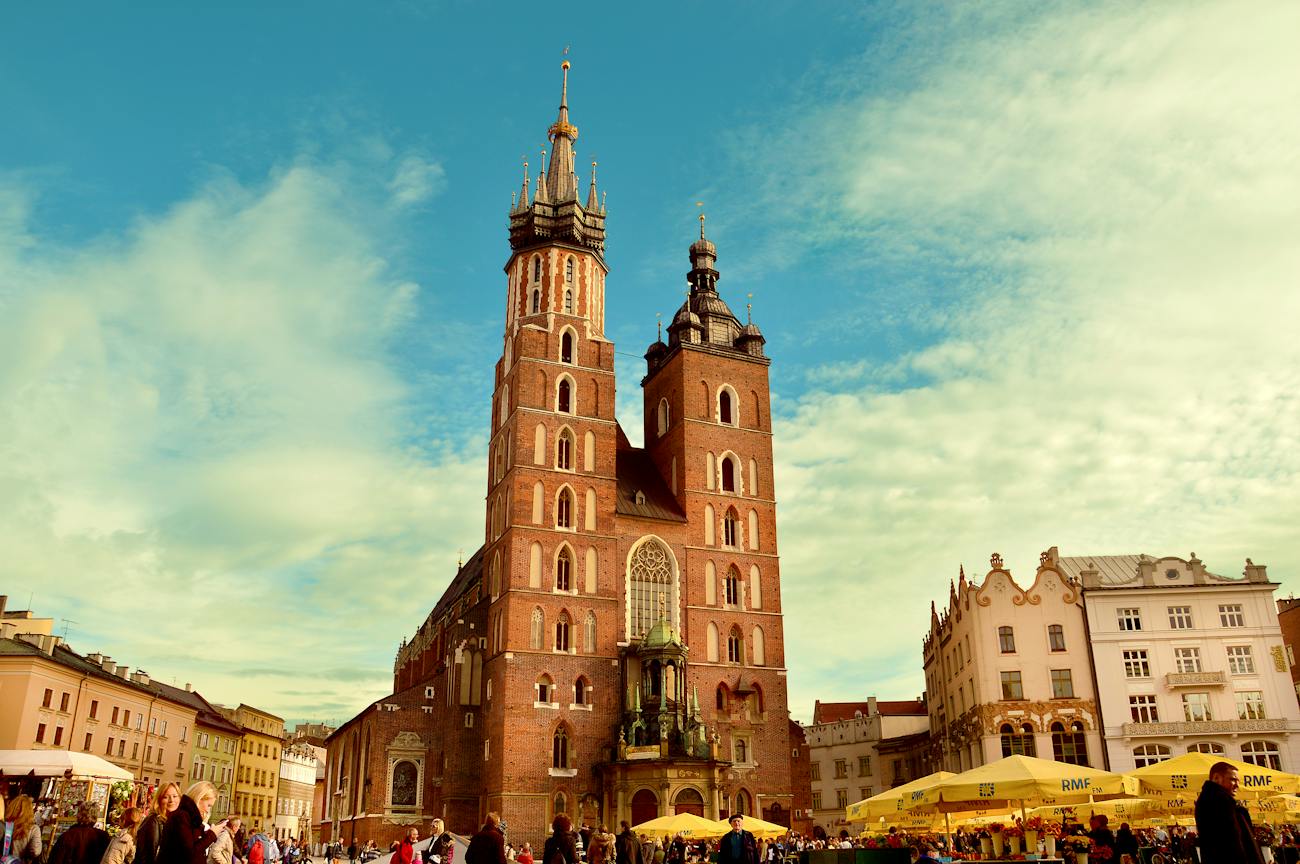
Poland has been facing an escalating power struggle that has captured the attention of the international community. The struggle is rooted in the clash between the ruling Law and Justice party (PiS) and its controversial reforms, and the defenders of the country's constitutional order, including the judiciary, opposition parties, and civil society. This battle for power and influence has far-reaching implications for Poland's political landscape, economy, and global relations.
At the heart of the power struggle is the conflict over the independence of Poland's judiciary. The PiS government has pushed through a series of judicial reforms that have been widely criticized for undermining the separation of powers and the rule of law. These reforms have led to protests, both within Poland and abroad, and have strained the country's relations with the European Union, which has expressed concerns about the erosion of democracy and the rule of law in Poland. The PiS government, on the other hand, argues that the reforms are necessary to eliminate the remnants of communism from the judicial system and to increase the efficiency and fairness of the courts.
The power struggle has also played out in the realm of Poland's media landscape. The government's efforts to exert control over the public media and curtail press freedom have raised concerns about the erosion of democratic values and the silencing of dissenting voices. This has further polarized the country and intensified the battle for influence and control over the narrative.
The escalating power struggle in Poland has had profound implications for the country's economy. The political uncertainty and the erosion of the rule of law have raised concerns among investors and businesses, leading to a slowdown in foreign investment and economic growth. The polarized political environment has also hindered the implementation of much-needed reforms and initiatives to address issues such as corruption, inefficient governance, and social inequalities.
Moreover, the power struggle in Poland has strained the country's relations with its European and transatlantic partners. The erosion of democratic principles and the rule of law has led to tensions with the European Union and the United States, which have expressed concerns about the direction of Poland's governance and its impact on regional stability and the transatlantic alliance. This has fueled debates about the future of Poland's place in the European Union and its role in shaping the geopolitics of the region.
In conclusion, Poland's escalating power struggle has cast a shadow over the country's political landscape, economy, and global relations. The clash between the ruling party and its critics has raised fundamental questions about the state of Poland's democracy, the rule of law, and the future direction of the country. The outcome of this power struggle will have far-reaching implications for Poland's domestic stability, its international standing, and its role in shaping the future of Europe.
Comment
Popular Posts
- 1
- 2
- 3
- 4
- 51 year ago
Latest Posts
- 1
- 2
- 327 minute ago
- 4
- 5
Categories
- World 13201 Post
- Knitting 18 Post
- General 17 Post
- Travel 183 Post
- Technology 12250 Post
- Movies and Series 14103 Post















There are no comments yet.